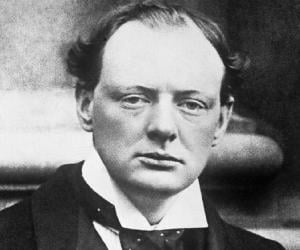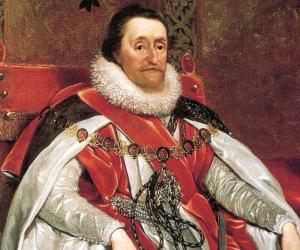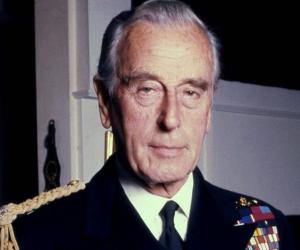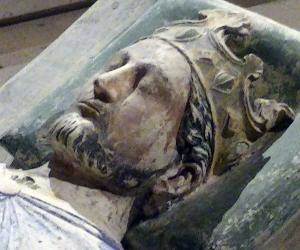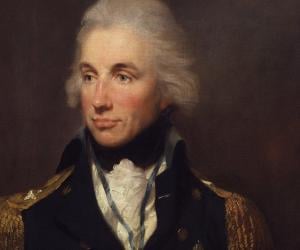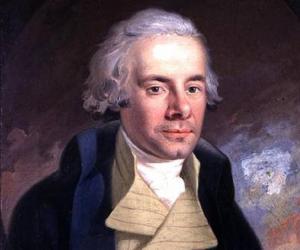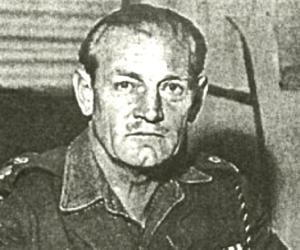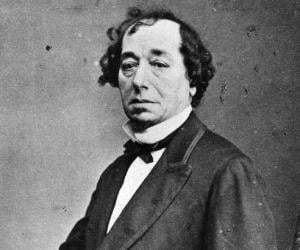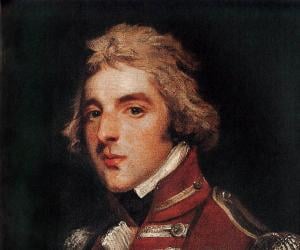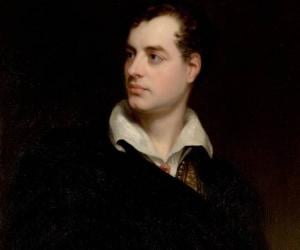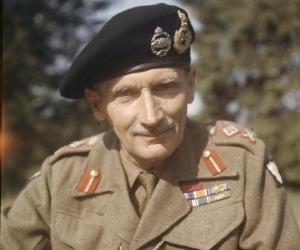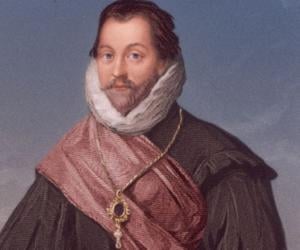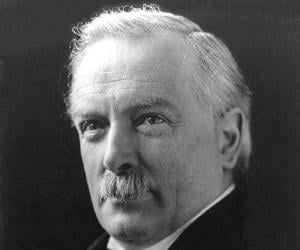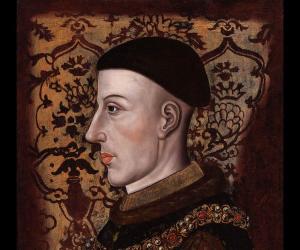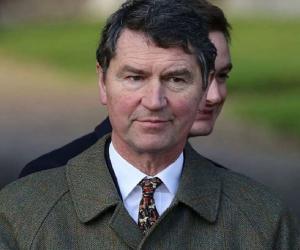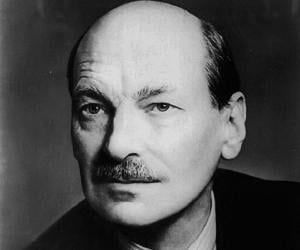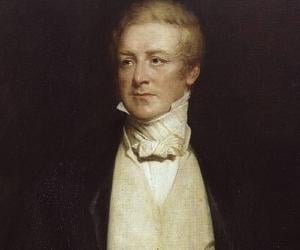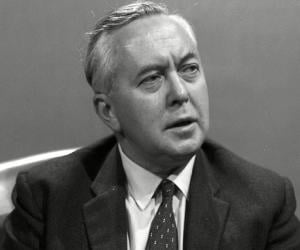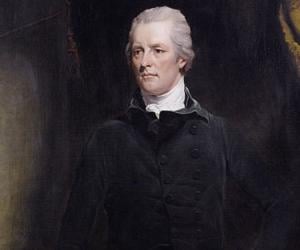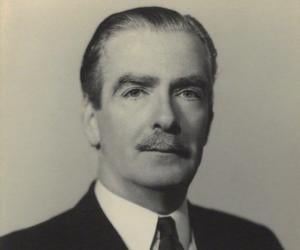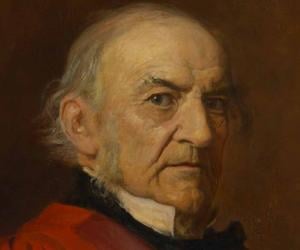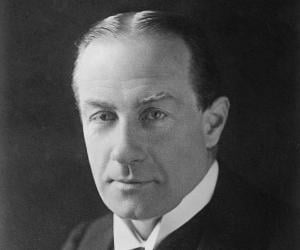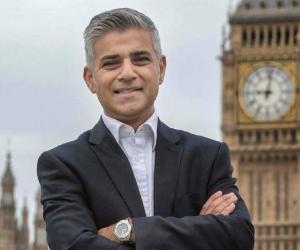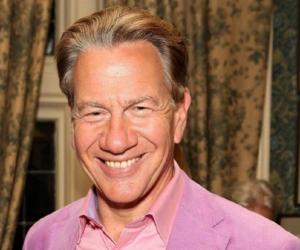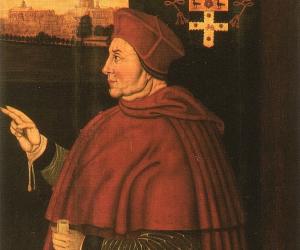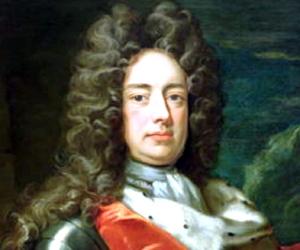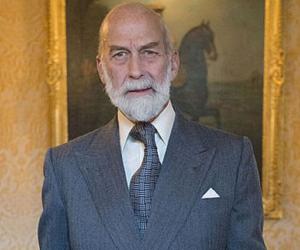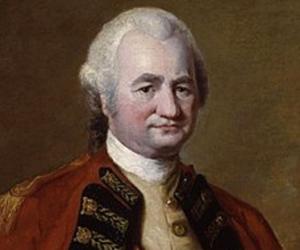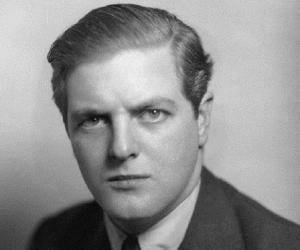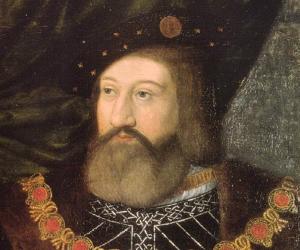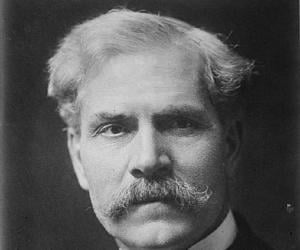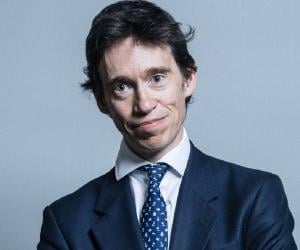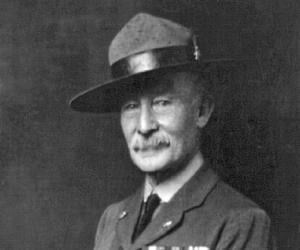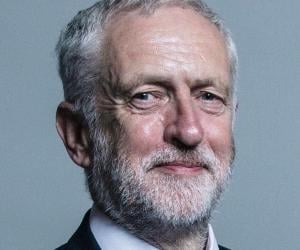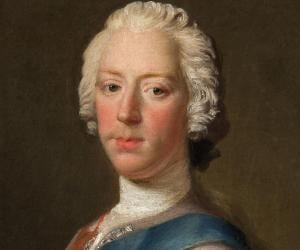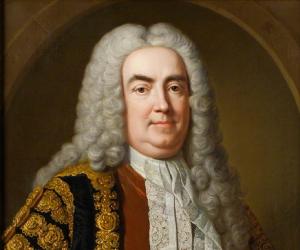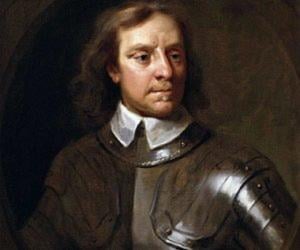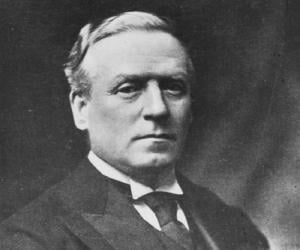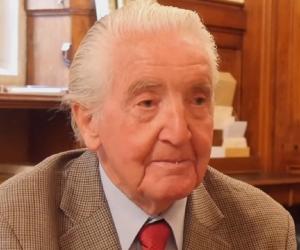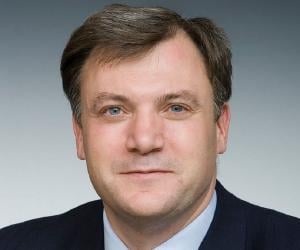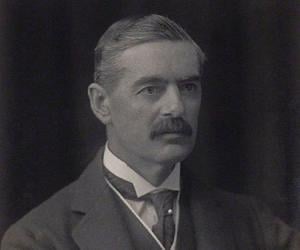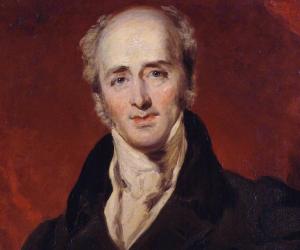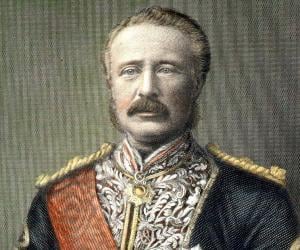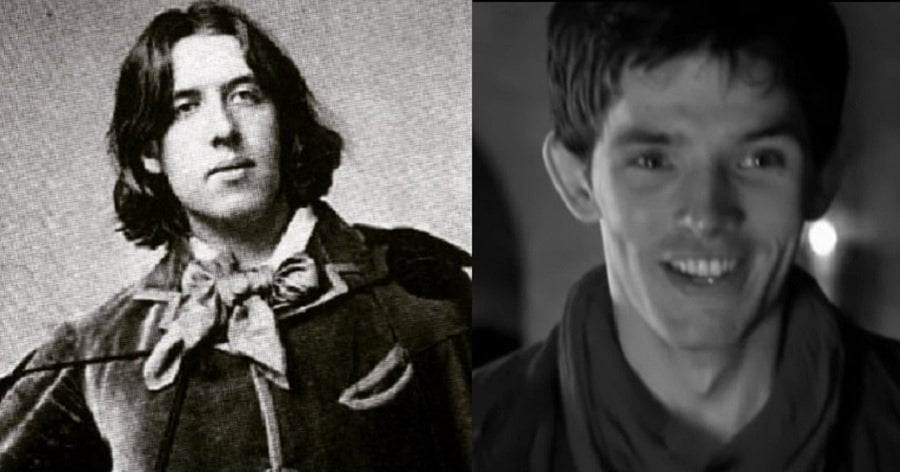The former Prime Minister of the United Kingdoms, Winston Churchill, is known for successfully leading his country during the Second World War against the Nazi Germany. An officer in the British army, he also served as a war correspondent before venturing into politics. One of the most influential peoples in British history, Churchill was also an accomplished painter.
King James I of England and Ireland was also the king of Scotland as James VI. Son of Mary, Queen of Scots, he believed in royal absolutism. He had major conflicts with the Parliament and its ever-growing powers, which eventually led to revolts against his successor, Charles I.
The last Viceroy of India and the first governor-general of independent India, Lord Mountbatten was a British Royal Navy officer and statesman. Born to a prominent aristocratic family in England, he had a successful military career and was made the NATO Commander Allied Forces Mediterranean in his later career. He was assassinated in 1979.
Horatio Nelson was a British flag officer whose inspirational leadership brought about several British naval victories, especially during the Napoleonic Wars. Regarded as one of Britain's heroic figures, Horatio Nelson's legacy remains influential and several monuments, including the Nelson Monument and Nelson's Column, have been created in his memory.
Better known as Mad Jack or Fighting Jack, British Army officer Jack Churchill was an iconic example of a person fighting wars on his own terms. He popularized carrying swords and bagpipes to battles and killed his enemies with his longbow. He inspired a comic strip and several books, too.
Benjamin Disraeli was a British politician who served two terms as prime minister of the UK. Disraeli is credited with playing a key role in the formation of the modern Conservative Party. Apart from being an influential politician, Benjamin Disraeli was also a prolific novelist; he wrote and published works of fiction even while serving as the prime minister.
Widely considered one of the greatest British poets of all time, Lord Byron remains influential as his works are widely read even today. He was also one of the most important personalities of the Romantic Movement. He is also known for his role in the Greek War of Independence, for which the Greeks consider him a national hero.
Bernard Montgomery, 1st Viscount Montgomery of Alamein, was a British Army officer who played important roles in World War I, World War II, and the Irish War of Independence. He commanded the British Eighth Army during the Second World War and also oversaw the operations during the Battle of Normandy. Bernard Montgomery has a couple of statues dedicated to him.
Francis Drake was an English explorer and naval officer. He is remembered for his Raiding Expedition, a prominent historical maritime event which unfolded between 1577 and 1580. Although Drake is considered a hero in the United Kingdom, his privateering led the Spanish to refer to him as a pirate. His expedition has also had a major cultural impact in Britain.
One of the most renowned kings in English history, Henry V ascended the throne at the age of 26 in 1413 and ruled England till his death in 1422. Though his reign was short, it was marked by great successes in the Hundred Years' War against France which established England as one of the strongest kingdoms in entire Europe.
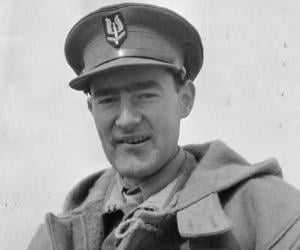
Scottish-born British Army officer David Stirling was known for his exploits in World War II, during which he formed and led the British Special Air Service (SAS). Following the war, he focused on combating racism in colonial Africa and even formed a foundation for animal conservation. He was knighted for his achievements.
Clement Attlee was a British politician. As the Prime Minister of the UK, Attlee organized the granting of independence to Pakistan and India. in 1947. He also oversaw the independence of Ceylon and Burma. Regarded as one of the greatest prime ministers of the UK, Clement Attlee has been the subject of several plays and TV series.
Statesman Robert Peel had been the prime minister of the U.K twice. He was also a two-time home secretary. He established the Metropolitan Police Service and also introduced the Tamworth Manifesto, thus co-founding the modern Conservative Party. He died of injuries after a horse he was riding fell on him.
The Prime Minister of the United Kingdom for two non-consecutive terms, Harold Wilson was a British Labour politician. Historians commend him for leading his party through difficult political issues with considerable skill. With a moderate approach to socialism, he was a popular politician during his first tenure as the prime minister; his second tenure wasn’t as successful.
British statesman, William Pitt the Younger, became the youngest prime minister of Great Britain in 1783 when he was just 24. During his stint as the prime minister, he was also Chancellor of the Exchequer. Several major political events, including the French Revolution and the Napoleonic Wars, happened during his tenure. He is ranked highly among all British Prime Ministers.
William Ewart Gladstone was a British politician and statesman. During a career that spanned six decades, Gladstone served as prime minister of the UK for 12 years, which included four different terms. Often counted among Britain's greatest leaders, Gladstone has been portrayed in several films and television series, such as Parnell, The Prime Minister, Edward the Seventh, and Number 10.
Stanley Baldwin was a British Conservative statesman. He served as prime minister of the United Kingdom on three occasions during the interwar period. Baldwin's second government, which was formed by him after winning the 1924 general election, saw tenures of office by important personalities like Winston Churchill, Neville Chamberlain, and Sir Austen Chamberlain.
English statesman and soldier John Churchill, 1st Duke of Marlborough was the second son of Sir Winston Churchill and is remembered for his contribution to wars such as the Monmouth Rebellion and the War of the Spanish Succession. He was once imprisoned in the Tower of London for Jacobitism.
A member of the British royal family, Prince Michael of Kent is a grandson of King George V and Queen Mary. He is currently 48th in the line of succession to the British throne. He is a businessman and runs his own consultancy business with operations across the world. He has a keen interest in sports and is a Freemason.
Robert Clive was a military officer and the first British Governor of the Bengal Presidency in British India. Nicknamed Clive of India, Robert Clive is credited with laying the foundation of the East India Company rule in Bengal. He won the Battle of Plassey in 1757, which enabled him to establish Company rule in Bengal.
Alec Douglas-Home was a British politician. He served as the United Kingdom's prime minister for 363 days, becoming the second briefest prime minister of the 20th century. During his premiership, his government passed the abolition of resale price maintenance legislation in 1964.
Randolph Churchill was a British journalist and writer. The only son of Sir Winston Churchill, Randolph Churchill followed in the footsteps of his father and became a prominent politician, serving as a member of parliament for Preston. Randolph Churchill was portrayed by famous actors in several TV series and films like Winston Churchill: The Wilderness Years and Darkest Hour.
The son of a soldier and intelligence officer, Rory Stewart was educated at Eton and Oxford and was also a tutor to princes William and Harry. Apart from being a diplomat and MP later, he also traveled across several countries on foot and wrote about this remarkable journey in a bestselling book.
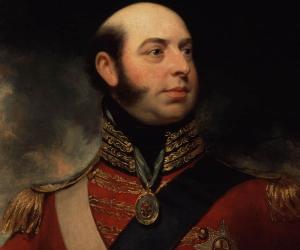
Prince Edward, Duke of Kent and Strathearn was the father of Queen Victoria. His army career took him to Canada and the West Indies, making him the first royal family member to stay in North America. He was also the governor of Gibraltar and played a major role in Canada’s development.
Jeremy Corbyn had served as the Labour Party leader and the leader of the opposition in the U.K. from 2015 to 2020. He earned the Gandhi International Peace Award for his anti-war stance. He has been serving as an Islington North MP since 1983. He calls himself a democratic socialist.
Harold Macmillan, also known as “Supermac” because of his witty personality, served as the British prime minister from 1957 to 1963. He was injured and rendered partially immobile while serving in World War I. He was known for supporting the nuclear test ban and for association with the Suez Crisis.
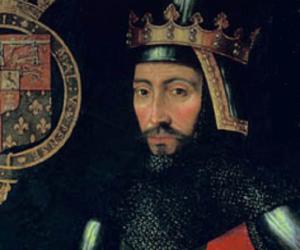
John of Gaunt was an English prince, statesman, and military leader. An influential figure, John of Gaunt is credited with founding the royal House of Lancaster, which would later produce men to ascend the royal throne. Early in his career, John spent considerable time in Spain participating in the Hundred Years' War.
H. H. Asquith was an English politician and statesman best remembered for serving as the prime minister of the UK from 1908 to 1916. He was the last PM to command a majority government from the Liberal Party. Great Britain entered the First World War under his prime ministership, a move which is often criticized by modern-day critics and scholars.
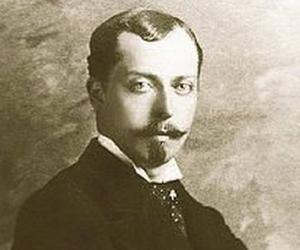
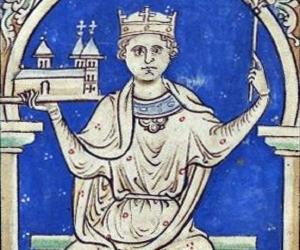
Neville Chamberlain was a British politician. A member of the Conservative Party, Chamberlain served as UK's prime minister from 1937 to 1940. Known for his signing of the Munich Agreement, which is also called the Munich Betrayal, Neville Chamberlain is regarded by many as one of the most controversial prime ministers of the UK.
Charles George Gordon was a British administrator and Army officer. He is best remembered for his work as the commander of the Ever Victorious Army in China, which played a key role in suppressing the Taiping Rebellion. The force, under Gordon's command, was also able to defeat much larger forces, earning him the nickname Chinese Gordon.
